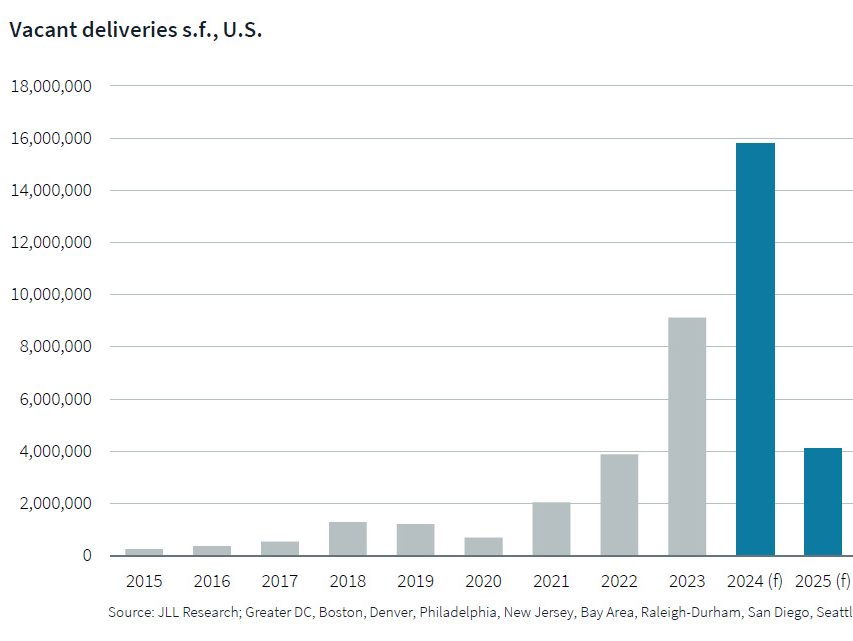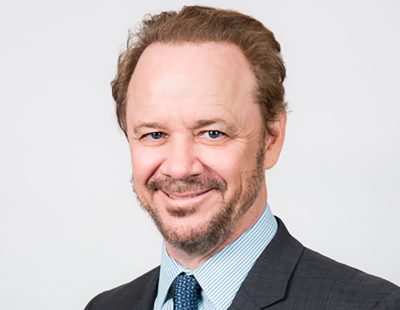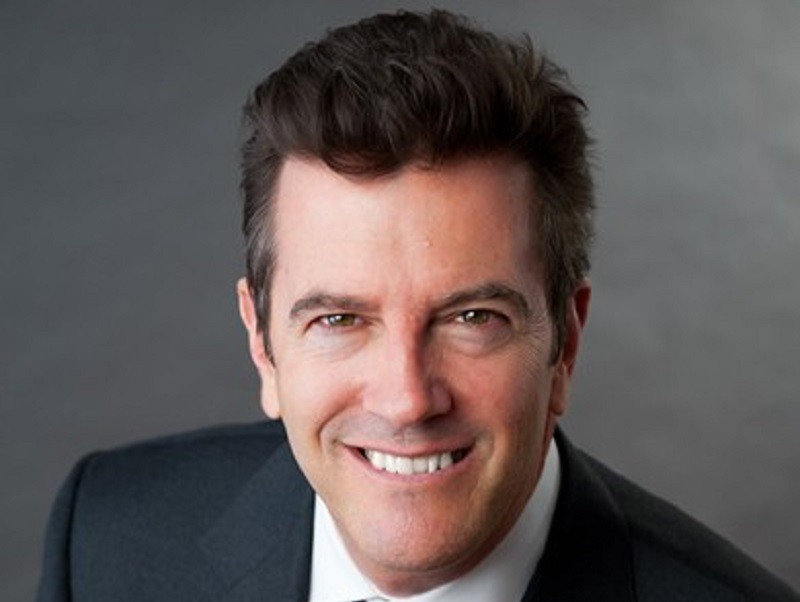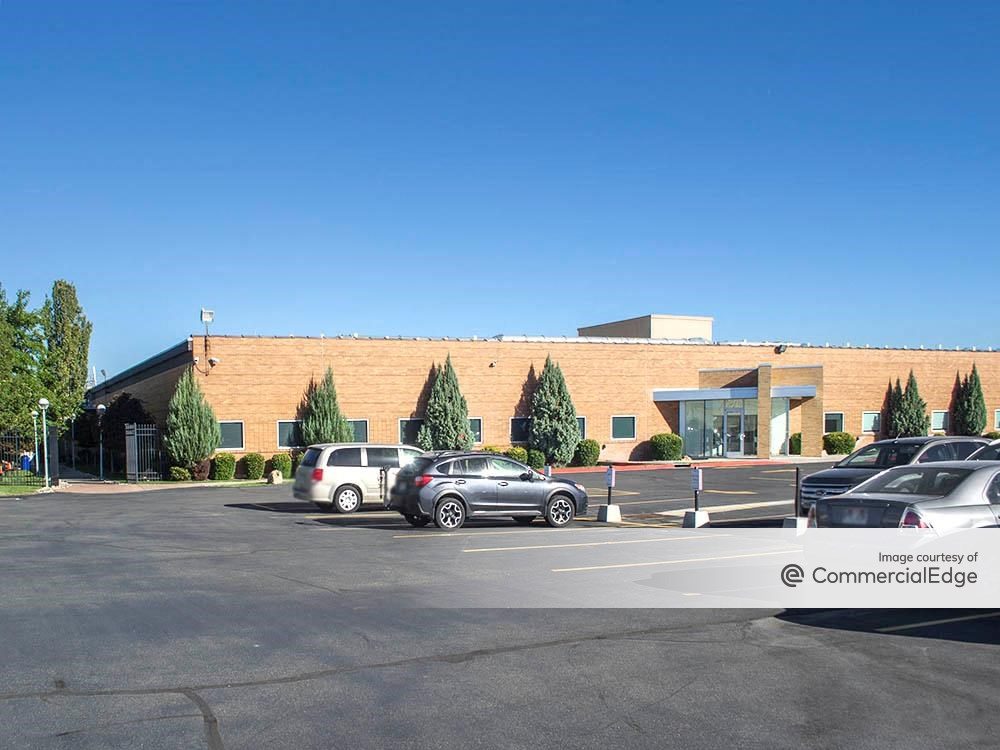Suffolk Develops $400M BioMed Research Facility at UMass
The Albert Sherman Center, a 512,000-square-foot biomedical research and education facility, has opened at the UMass Medical School campus in Worcester, doubling the school’s research capacity.
By Gail Kalinoski, Contributing Editor
The $400 million Albert Sherman Center, a 512,000-square-foot biomedical research and education facility has opened at the University of Massachusetts Medical School campus in Worcester, Mass., doubling the school’s research capacity.
Construction of the 11-story building began in April 2010 and was recently completed by Suffolk Construction, a privately-held construction management company based in Boston. It was designed by ARC/Architectural Resources Cambridge and PMA Consultants served as project manager. The LEED Gold-certified building has nine occupied floors with two floors above for mechanical equipment. It will serve as the hub of the Worcester campus and connect to existing buildings with landscaped plazas and two elevated pedestrian bridges. The project also included construction of a nearby 1,411-space, seven-level parking garage.
Suffolk used Virtual Design and Construction/Building Information Modeling during the construction process, which allowed the school to have six-dimensional facilities management models for facility planning, operations and maintenance of the building.
“This unique project gave us an opportunity to implement the most innovating planning and construction methods in the industry, including virtual design and construction and six-dimensional modeling,” Peter Campot, Suffolk’s president of Healthcare and Science-Technology and chief innovative officer, said in a press release from Gov. Deval Patrick’s office. “These state-of-the-art processes and tools, along with our ‘build smart’ approach to construction management, allowed us to deliver a facility that will set a new standard for biomedical research for generations to come.”
Aided by $90 million in funding from the Massachusetts Life Sciences Center, the Albert Sherman Center is owned by the University of Massachusetts Building Authority. It has research laboratories, six learning community centers, a 350-seat auditorium, conference rooms, café and dining area and fitness center. It is now home to the Advanced Therapeutics Cluster, which is comprised of the RNA Therapeutics Institute, the Center for Stem Cell Biology and Regenerative Medicine and the Gene Therapy Center. Among the goals of these researchers is finding new therapies for diseases including cancer, cystic fibrosis and amyotrophic lateral sclerosis, ALS, also known as Lou Gehrig’s disease.
“The completion of the Albert Sherman Center is a transformative event in the history of the Commonwealth’s medical school,” Chancellor Michael F. Collins said in the news release. “It would be hard to overstate the importance of this new center to our campus or the positive impact of the work that will go on within it.”
Patrick has made funding and expanding life sciences and biomedical research facilities in Massachusetts a priority. In 2007, he proposed the Massachusetts Life Sciences Initiative. It was passed by the state Legislature and became law the following year. The state is investing $1 billion over 10 years to grow the sector. Last month, Patrick’s budget proposal for the upcoming fiscal year included a $25 million investment for the Massachusetts Life Sciences Center.
While the Albert Sheman Center is a publicly funded project, the greater Boston area has the largest privately funded construction pipeline of life sciences real estate, according to bioSTATus-Winter 2013, a semiannual report on biotechnology real estate produced by Richards Barry Joyce and Partners, L.L.C. of Boston. The report released in December notes that marketwide vacancy for laboratory properties has dropped to 9.7 percent. It states that 11 biotech-related projects with a total of 3.4 million square feet are currently under construction in the region. Most of it is already pre-leased, according to the report.
“With each passing quarter, we run out of superlatives to describe how the region’s laboratory real estate market has performed,” Brendan Carroll, senior vice president of research for the firm, said in a press release about the survey.
A report by Newmark Grubb Knight Frank, Massachusetts Second Half 2012 Life Sciences Market Overview, noted that state initiatives like the Massachusetts Life Science Center have helped smaller firms locate in the area and join the large biotech and pharmaceutical firms already there and growing. That report states that the average asking rent in Massachusetts for laboratory space was $41.76 per square foot, a 6.9 percent increase over the previous year. East Cambridge is the hottest spot in the market for biotech and life sciences development but other areas have been growing too. Bedford, Beverly, Lexington, Waltham and Watertown are expected to benefit as companies unable to get space in East Cambridge look elsewhere.
Like us on facebook: https://www.facebook.com/pages/Commercial-Property-Executive/258033884191








You must be logged in to post a comment.